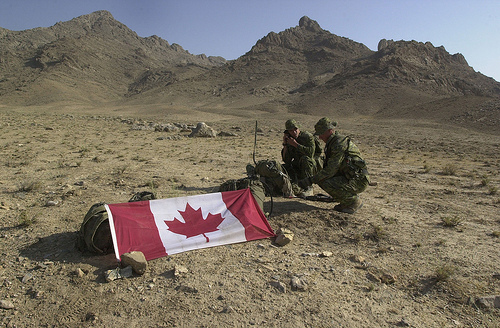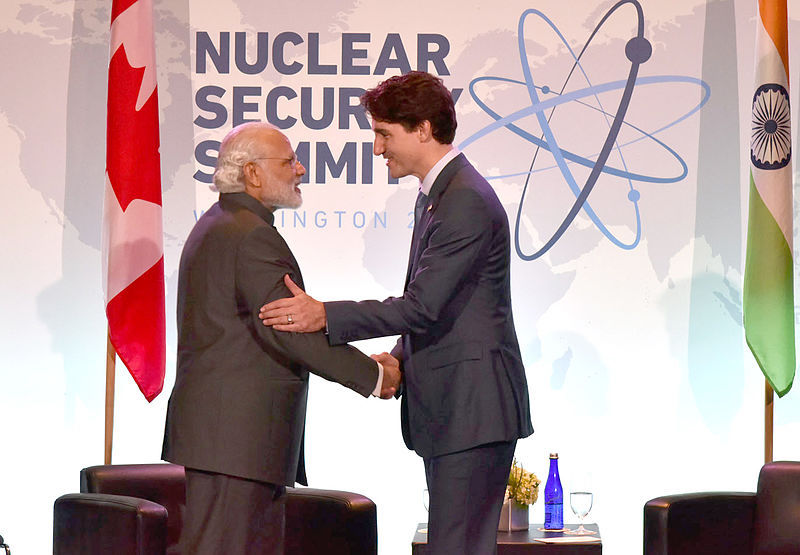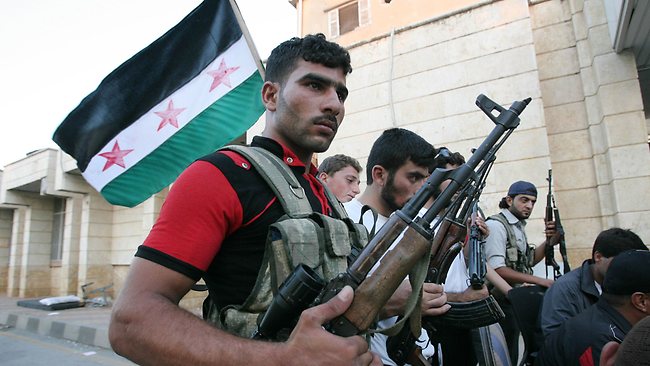Prime Minister Stephen Harper did not budge in Chicago last year, and maintained his position despite NATO’s pleas for extending the deployment of Canadian forces to Afghanistan. As the deadline for withdrawing from Afghanistan approaches, the third and final rotation of Operation Attention has been put in place. On June 20, just over 100 Canadian soldiers were deployed from the Edmonton and Shilo bases in Manitoba. Until August, roughly 900 Canadian troops will arrive in Kabul, gradually replacing the Canadian Forces currently active there. Canada will no longer be providing on ground military support to the Afghan Security Forces once Operation Attention comes to an end on March 31, 2014.
[captionpix align=”right” theme=”elegant” width=”300″ imgsrc=”http://natoassociation.ca/wp-content/uploads/2013/07/cfafghan.jpg” captiontext=””]
The departure of each and every Canadian military personnel in March next year will not, however, mark the end of the country’s twelve-year involvement in Afghanistan. Canada will continue to support Afghanistan financially. Prime Minister Harper has pledged $110-million annually between 2015 and 2018 to assist the Afghan security forces who will no longer enjoy the support of a large NATO presence. In fact, Canada’s post-Operation Attention contributions will also include another $227-million, which has been set aside for development projects for the period of 2014-2017. Furthermore, these financial commitments will also include the $ 522-millon check that needs to be picked up once the four-year long training mission in Afghanistan comes to an end, as well as the cost of moving expensive military gear back home.
Although Prime Minister Harper has reassured the Canadian public about the mission in Afghanistan swiftly coming to an end, long-term financial commitments cast doubts about the certainty of his position. Afghan President Hamid Karzai’s increasing troubles with Taliban, and key NATO allies’ discussion on extending involvement in Afghanistan through 2018, further create question marks. Hence, the question remains, when will Canada finally have the freedom to operate within a new diplomacy framework, such that is not so closely attached to the destiny of the unstably stable Afghanistan.




